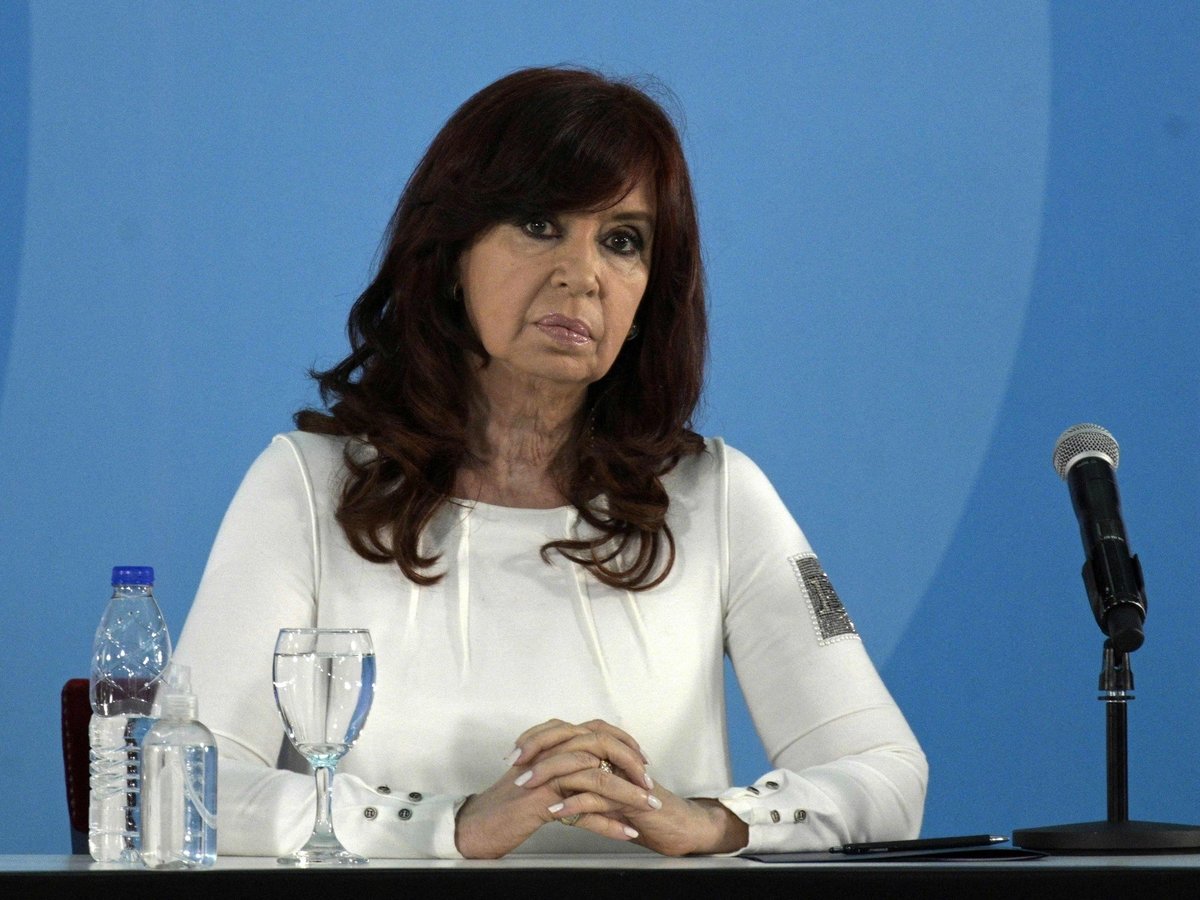Cristina Fernández de Kirchner, former president and current vice-president of the country, has been placed in the dock by the local justice system.
The prosecutor’s request for 12 years imprisonment for corruption in public works during her government weighs on her.
The case in Argentina leaves no one indifferent. However, the assessment of the facts differs diametrically. Both in the general population and among the interviewees consulted.
For the jurist, sociologist, and professor Roberto Gargarella, what is at stake in the current judicial process “is of enormous importance,” he says in an interview with DW.

And he continues: “Because it has allowed us to recognize, in a well-founded and articulated way, the functioning of a corruption machinery activated from the apex of the State and for more than a decade by the Kirchnerist governments”.
“Prosecutor Luciani (in charge of the investigation) has made a great and unusual contribution to the Argentine justice system,” analyzes the academic.
For the doctor in political science and researcher María Esperanza Casullo, on the other hand, what is under discussion in the current trial “is an eminently political question: the future of Cristina Fernández de Kirchner, who continues to be the main leader of Peronism,” she tells DW.
And he explains by relativizing what has been done at the judicial level: “The Argentine justice system is a political actor, strongly opposed to Kirchnerism, since at least 2009”.
In this sense, from the ranks of the vice-president, the events are interpreted as an attempt at political “proscription” of their leader.
“I believe that the decision to politically disqualify Cristina Fernández de Kirchner for life and a whole group of Peronism leaders who are mentioned in the case would be read as an attempt of proscription,” admits Casullo.
“We must not forget that the Peronist party was banned for 18 years in Argentina, and this still weighs heavily in the collective memory,” he adds. There are, by the way, also other interpretations in this regard.
“The idea of outlawing the vice-president in the next elections is not going to happen for reasons of time,” Gargarella assures.
“But, in addition, it would be the worst strategy that an opponent could promote since it would give her a strength and an attractiveness that today the vice-president’s candidacy does not have,” he adds.
“More than outlawing Cristina Fernández de Kirchner, the aim is to eliminate her entire political space since she represents diverse national interests that are an obstacle to the implementation of a neoliberal model, such as the one established in Chile with Pinochet’s dictatorship.
“They want to reconfigure, using judicial mechanisms, the Argentine political system,” analyzes Ricardo Aronskind, a graduate in economics and master in international relations.
TRIAL AND AFTER
What could happen in the country, depending on the trial’s outcome?
“This trial is important and will have political effects, but it will not change the situation by itself unless the former president goes to jail,” says researcher Casullo.
“It is under discussion to what extent Argentina is a democratic country, or a country governed by a minority of concentrated local and multinational economic interests that already control the media, the judiciary and want to eliminate pluralism in Argentine politics,” adds Aronskind.
“Even a definitive sentence ‘against corruption’ alone will not be able to end evils that have too deep historical and structural causes,” analyzes Gargarella from Buenos Aires.
THE VERDICT OF PUBLIC OPINION
“Beyond what the courts determine, public opinion has already reached a verdict,” Mariel Formoni, a consultant and doctor in economics, told DW. “Practically 7 out of 10 Argentines believe that the vice-president is guilty, and less than three say she is not,” she explains.
In addition, “Cristina Fernández has also fallen in the public consideration of many, who see that she is immersed in her judicial cases and that is a little bit the only thing that matters to her, and she does not take into account the real problems of the people”, says Formoni.
And in this sense, he adds: “It is a self-provoked crisis, in a rather weak government coalition”.
“The current situation is serious because it is a moment of particular social anger, perhaps similar to that which followed the Mani Pulite in Italy or the Lava Jato in Brazil,” analyzes Gargarella.
“Situations of anger and all those complicated issues are being exacerbated to maintain social peace,” Formoni adds.
The delicate balance between politics, justice, economic, and social issues is being rewritten daily in the deeply divided South American country.
With information from DW

